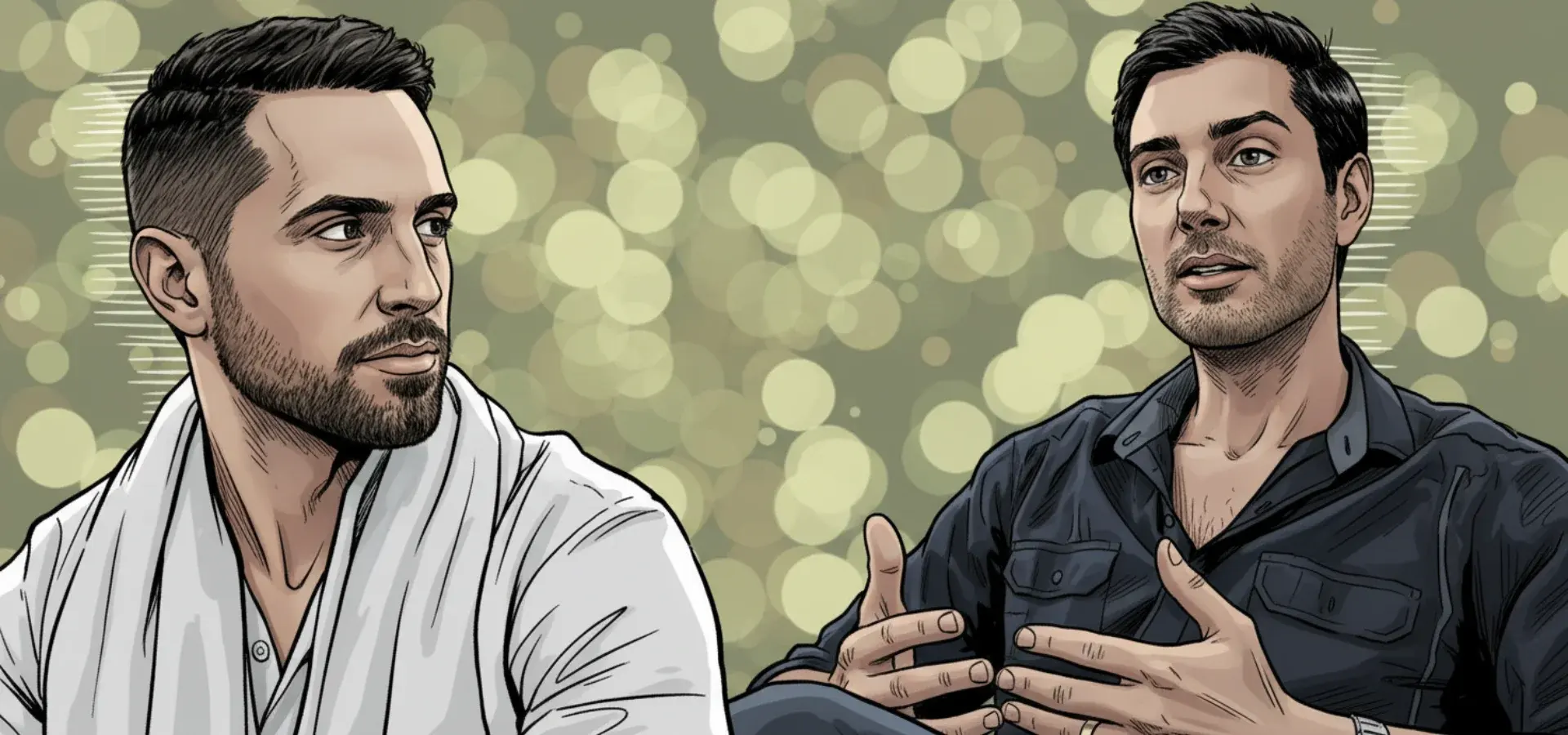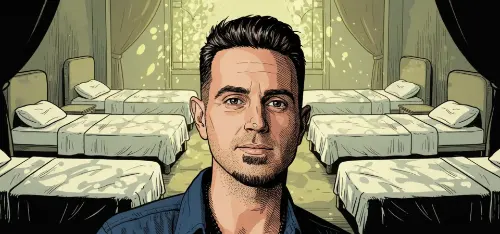Did the Judge Really Disregard Wade Robson’s Declaration?

March 19, 2020
There’s a common myth—supported by quotes that seem to come from official documents—claiming that Wade Robson’s lawsuit was dismissed because the judge found one of his statements so unbelievable that he dismissed his entire sworn declaration.
According to the myth:
The trial judge found one of Robson's lies so incredible that the trial judge disregarded Robson's sworn declaration and found that no rational trier of fact could possibly believe Robson's sworn statements.
This assertion has been widely echoed by Jackson supporters. One such example is Charles Thomson, a self-described journalist, who repeated this claim during a BBC Essex radio appearance. He criticised mainstream media for failing to report such details, calling it a “catastrophic failure in journalism.”
Listen to the audio below.
Filmmakers Danny Wu (creator of Square One: Michael Jackson) and Jin Chohan (who produced Leaving Neverland: The Aftermath) have also repeated this claim. Chohan even included a screenshot in his documentary, purporting to show the judge’s statement.
Watch the video below.
However, this claim is demonstrably false. Nowhere in the judge’s summary judgment or any official court record does that phrase appear. The judge never stated that Robson’s affidavit was so unbelievable that no rational person could accept it.
So where does this quote originate?
It appears in a legal filing by the Jackson Estate during its arbitration dispute with HBO over the Leaving Neverland documentary. The Estate used this language strategically to undermine Robson’s credibility, suggesting he had lied under oath. The quote is not a direct statement from the judge but rather the Estate’s interpretation of events, presented as part of their legal argument.
In that document, the Estate claimed on page 11:
HBO and Reed also do not bother to point out that these men were caught lying under oath repeatedly in their litigations with the Jackson Estate (set aside the fact that they also had previously testified for Jackson in criminal proceedings and explained that no inappropriate conduct between them and Jackson occurred). The trial judge found one of Robson's lies so incredible that the trial judge disregarded Robson's sworn declaration and found that no rational trier of fact could possibly believe Robson's sworn statements. Specifically, Robson falsely swore under oath that he did not know about the Jackson Estate until March 2013, despite having met with John Branca, the Co- 25 Executor of the Jackson Estate in 2011 trying unsuccessfully to pitch himself to direct a Jackson-themed Cirque du Soleil show. When Robson learned about the existence of the Jackson Estate was the key issue on his attempt to get around the statute of limitations.
A near identical claim is made on page 14:
The trial judge in Robson’s initial case against the Estate found one of Robson’s lies—on the key issue in that case, i.e., when he learned about the Estate for statute of limitations purposes—so clear that the judge took the extraordinary step of disregarding Robson’s sworn statements on a summary judgment motion. The judge found that no rational fact-finder could possibly believe Robson’s sworn statement (i.e., his lie under oath) given the unequivocal evidence to the contrary and issued judgment in the Estate’s favor as a result.
Read the full document here.
This statement refers to Robson’s claim that he was unaware of the Jackson Estate until March 2013. The Estate countered that he had met with John Branca, co-executor of the Estate, in 2011 to pitch himself as a director for a Cirque du Soleil show. The timing of Robson’s awareness of the Estate was central to whether his claim could bypass the statute of limitations.
A similar—but legally distinct—phrase does appear in the judge’s summary judgment. It reads:
No rational jury could conclude that Robson was exposed to Michael as an inherent part of the environment created by the relationship between [Michael] and the [companies].
This sentence relates to a different legal issue: whether Jackson’s companies could be held liable for his alleged actions. The judge concluded they could not, as the companies lacked the legal authority to control Jackson’s behaviour. This was the basis for dismissing the case—not any finding of dishonesty on Robson’s part.
The judge’s ruling focused on legal technicalities, particularly whether the companies had a duty of care. The plaintiffs needed to prove that the companies had the power to supervise Jackson and failed to prevent harm. They were unable to do so, largely due to the structure of Jackson’s businesses, which he owned and controlled entirely.
In the Estate v. HBO filing, the disputed quote was used to argue that Robson had actual knowledge of the Estate’s existence earlier than he claimed. This was relevant to whether he could invoke exceptions to the statute of limitations. However, the judge never made a finding that Robson lied. If such a conclusion had been reached, it would have been clearly stated in the ruling.
Instead, the judge determined that Robson had “actual knowledge” of the facts underlying his claim by February 2011—or at the latest, by the final quarter of that year. This conclusion was based on emails and other evidence, including a 2012 message in which Robson referenced a legal matter. Although the full email content is not publicly available, Robson’s own statement clarified its context.
Importantly, the judge noted that under California Probate Code 9103, what matters is when the plaintiff becomes aware of the facts giving rise to the claim—not when they realise those facts are legally actionable. This distinction is subtle but significant in legal terms.
Robson’s legal team argued that he was unaware of the Estate’s legal status and his ability to file a claim until he consulted with lawyers. They also raised the concept of equitable estoppel, suggesting that certain circumstances prevented him from filing sooner. However, the judge found these arguments unpersuasive—not because Robson was dishonest, but because the legal threshold for “actual knowledge” had already been met.
In short, the judge rejected Robson’s legal arguments. He did not accuse Robson of lying, nor did he dismiss his affidavit as unbelievable. The claim that the judge made such a statement is a fabrication, repeated by the Estate and its supporters to discredit Robson’s case.
With permission, the following article was translated and enhanced from The Truth about Michael Jackson.





